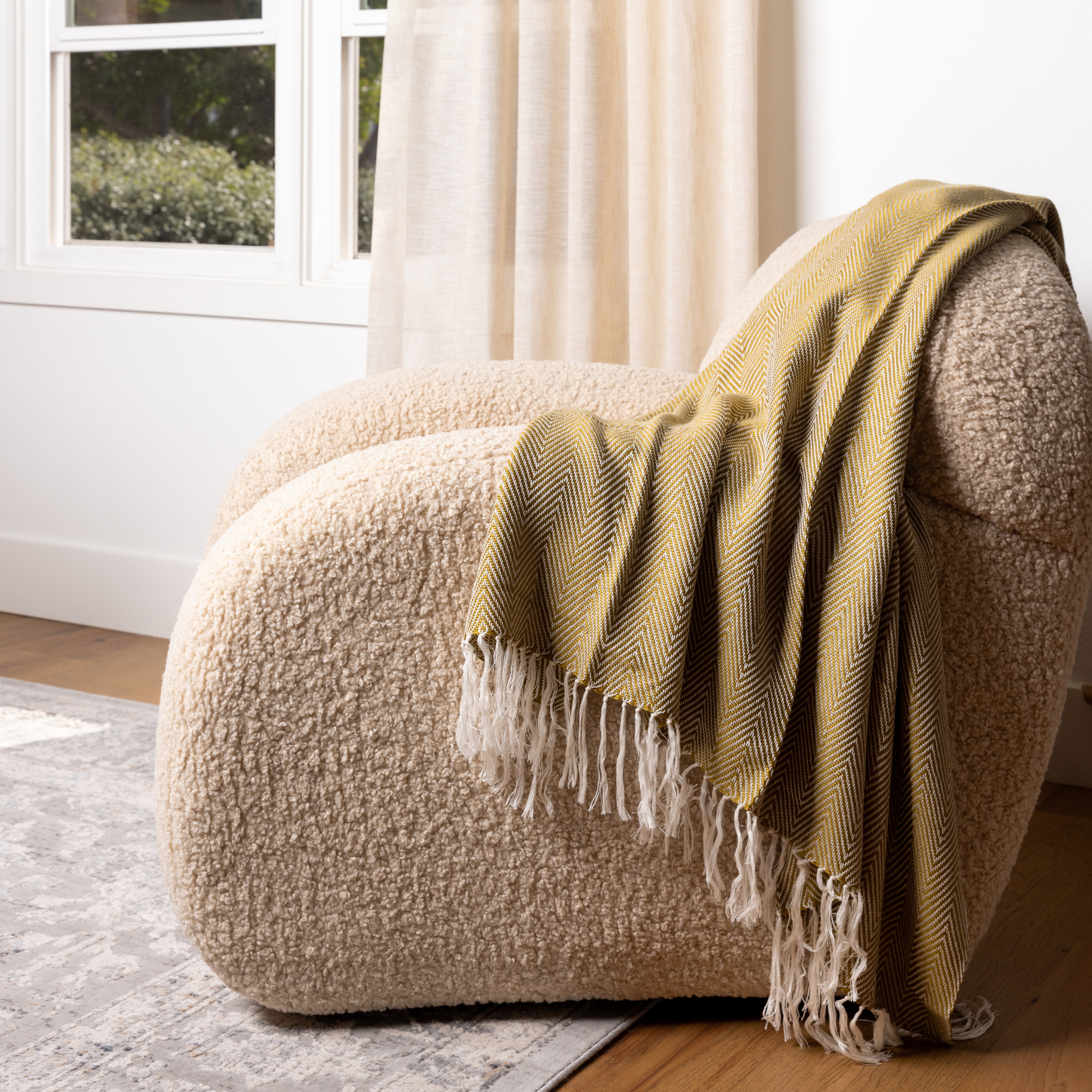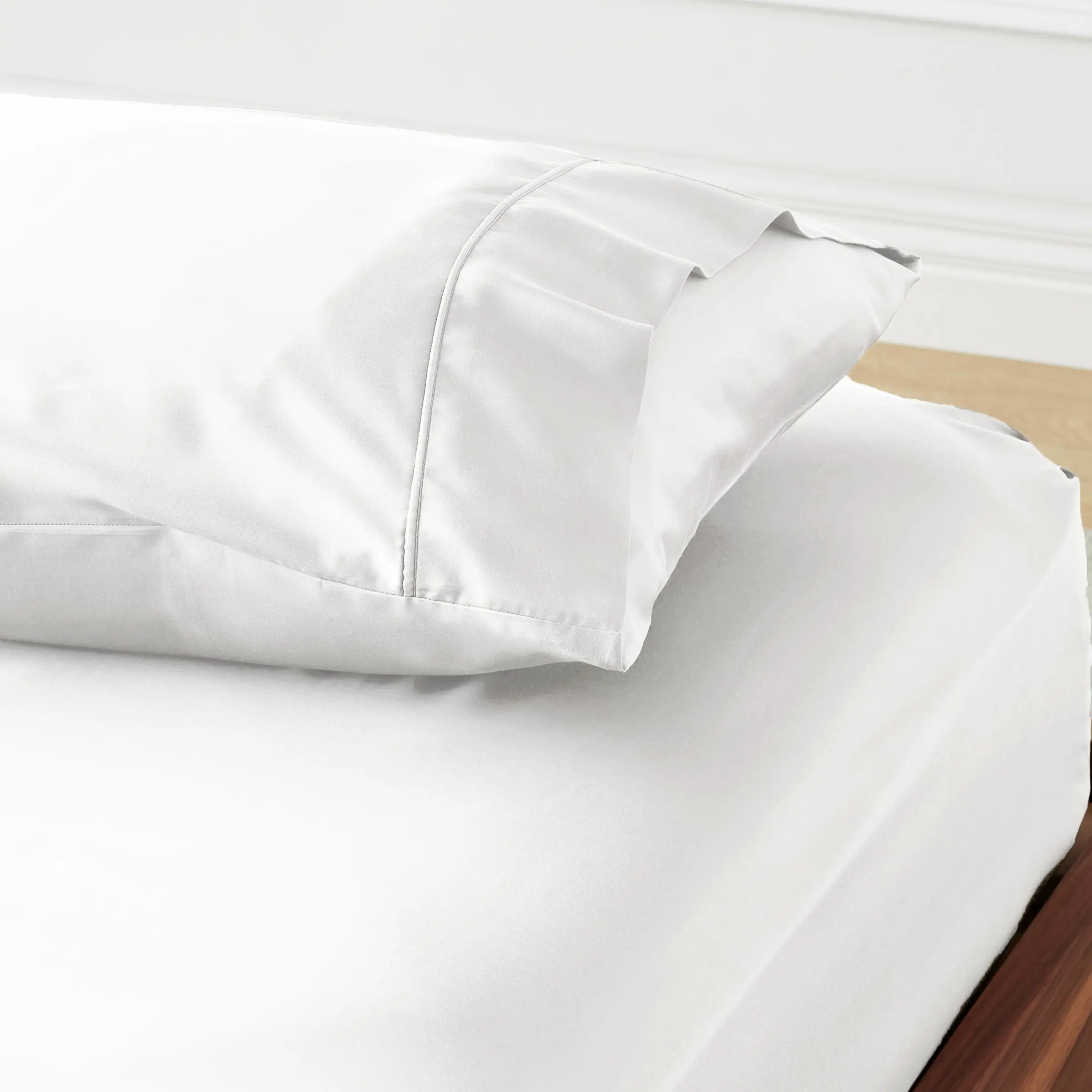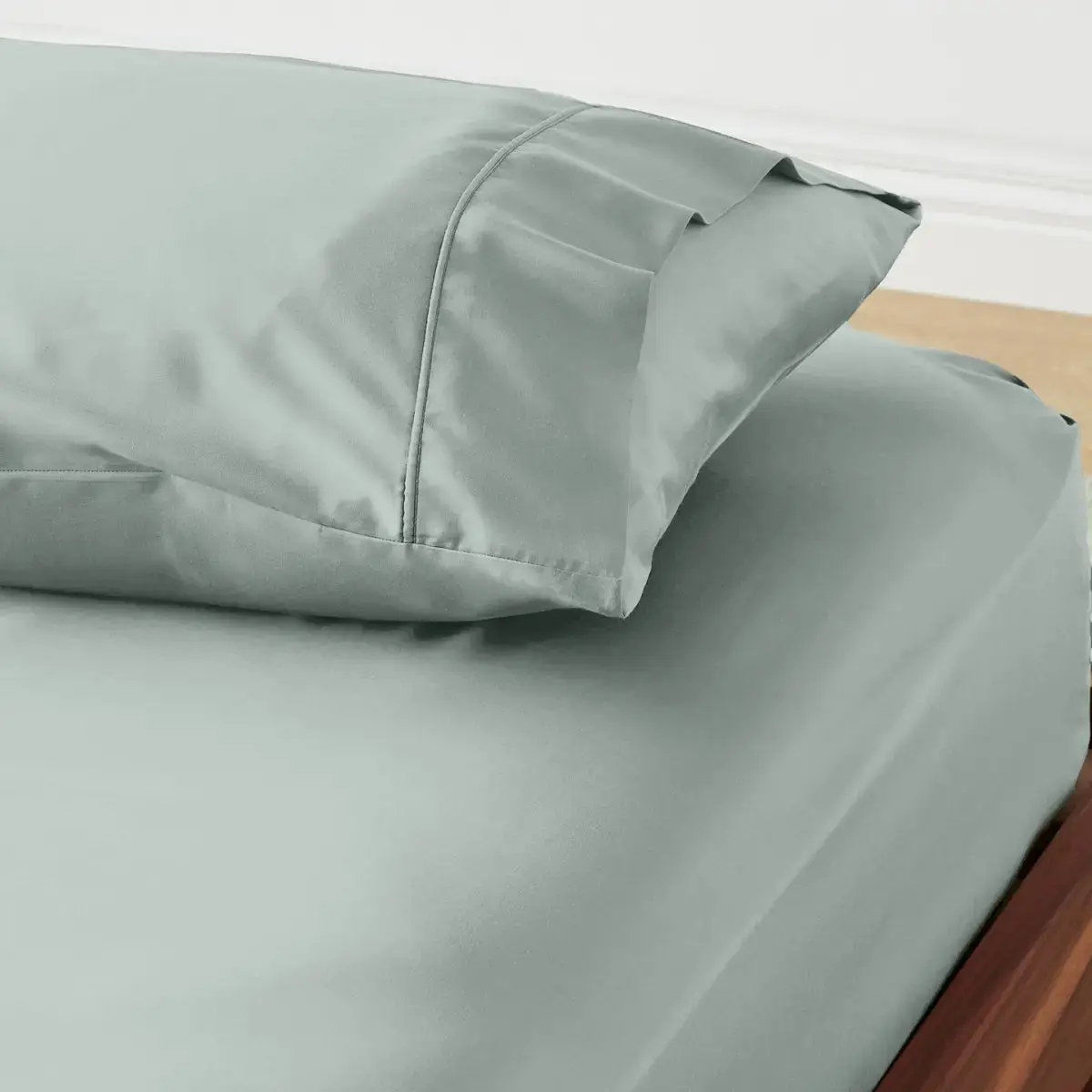When it comes to choosing the perfect sheets for your bed, the options can seem endless. One of the most prevalent debates in the bedding world is the choice between bamboo and cotton sheets. Both materials have their unique selling points, and it can be challenging to determine which one emerges as the rightful winner. In this comprehensive guide, we'll delve into the unique features of bamboo and cotton sheets, their process, comfort level, durability, environmental impact, health considerations, and cost. We'll also take a look at customer reviews to help you make an informed decision.
Understanding Bamboo Sheets
Bamboo sheets are relatively new to the bedding market but have quickly gained popularity due to their softness and eco-friendly properties. These sheets are made from the pulp of bamboo grass, which is known for its rapid growth and sustainability. The resulting fabric is soft, breathable, and extremely comfortable. It's also naturally hypoallergenic and antibacterial, which makes it an excellent choice for those with sensitive skin or allergies.
However, not all bamboo sheets are created equal. There are different types of bamboo fabric, including rayon, viscose, and lyocell, each offering varying levels of softness, breathability, and durability. Additionally, the process of making bamboo sheets can vary, with some methods being more eco-friendly than others. This is something to keep in mind when shopping for bamboo sheets.
Understanding Cotton Sheets
Cotton sheets, on the other hand, have been a staple in the bedding world for centuries. They are made from the natural fibers of the cotton plant, which are spun into yarn and woven into fabric. Cotton sheets are known for their durability, breathability, and versatility. They can be found in a wide range of thread counts and weaves, which can greatly affect their feel and longevity.
One of the main advantages of cotton sheets is their ability to keep you cool during hot summer nights, thanks to their excellent breathability. They're also easy to care for and can withstand repeated washings without losing their shape or comfort. However, not all cotton sheets are created equal. The quality can vary greatly depending on the type of cotton used (Egyptian, Pima, or Upland), the thread count, and the weave.
The Process of Making Bamboo and Cotton Sheets
The process of making bamboo and cotton sheets starts with harvesting their respective raw materials. The bamboo plant is cut and its pulp is extracted for bamboo sheets. This pulp is then soaked in a solution to break it down into a mushy substance. This substance is forced through a spinneret to create threads, which are then spun into yarn and woven into fabric.
On the other hand, the process of making cotton sheets begins with picking the cotton. The cotton is then cleaned to remove any seeds and impurities. After cleaning, the cotton is carded and combed to align the fibers, which are then spun into yarn. The yarn is then woven into fabric, which can be dyed or printed to produce the final product.
Bamboo Sheets vs Cotton Sheets: Comfort and Feel
Both bamboo and cotton sheets have their merits when it comes to comfort and feel. Bamboo sheets are often praised for their exceptional softness. They have a silky, smooth feel that many people compare to cashmere or silk. Additionally, bamboo sheets are highly breathable and excellent at wicking away moisture, making them an excellent choice for hot sleepers.
Cotton sheets, on the other hand, offer a crisp, cool feel that many people love. They are also highly breathable and excellent at regulating body temperature. High-quality cotton sheets, especially those with a high thread count, can be incredibly soft and comfortable.
Bamboo vs Cotton Sheets: Durability and Maintenance
Both bamboo and cotton sheets perform well in terms of durability and maintenance. Bamboo sheets are known for their durability, despite their soft and delicate feel. They can withstand repeated washings without pilling or losing their shape. However, they do require a bit more care than cotton sheets. It's recommended to wash them in cold water and air dry them to maintain their softness and longevity.
Cotton sheets are known for their durability and ease of care. They can withstand repeated washings and can even be tumble-dried. Over time, cotton sheets can become softer and more comfortable. However, lower-quality cotton sheets may start to thin out and pill over time.
The Environmental Impact of Bamboo and Cotton Sheets
The environmental impact of both bamboo and cotton sheets is a significant consideration. Bamboo is often touted as a more eco-friendly option due to its rapid growth and minimal need for pesticides and water. However, the rayon and viscose process of turning bamboo into fabric often involves chemicals, which can be harmful to the environment. Only bamboo lyocell uses a much cleaner, non-toxic, sustainable process.
Cotton, on the other hand, is a natural fiber that can be grown organically without the use of pesticides. However, conventional cotton farming does use a significant amount of water and pesticides. Organic cotton is a more eco-friendly option but is often more expensive.
Health and Allergy Considerations: Bamboo vs Cotton
When it comes to health and allergy considerations, bamboo sheets have a slight edge. They are naturally hypoallergenic and antibacterial, making them a great choice for those with allergies or sensitive skin. Bamboo sheets also resist dust mites, mold, and mildew.
Cotton sheets, while not naturally hypoallergenic, can be a good choice for those with allergies if they are made from 100% organic cotton. Organic cotton is grown without the use of pesticides or other chemicals, making it less likely to cause allergic reactions.
Cost Comparison: Bamboo vs Cotton Sheets
In terms of cost, bamboo sheets are generally more expensive than cotton sheets. The price of bamboo sheets can vary widely depending on the type of bamboo fabric and the manufacturing process. However, many people find the added cost worth it for bamboo sheets' unique softness and comfort.
Cotton sheets can be found at a wide range of price points. Higher-quality cotton sheets, such as those made from Egyptian or Pima cotton with a high thread count, can be quite expensive. However, you can also find more affordable options that still offer decent quality and comfort.
Conclusion: Which One Triumphs - Bamboo or Cotton Sheets?
So, which one triumphs in the ultimate bedding debate - bamboo or cotton sheets? The answer depends on your personal preferences and priorities. If you value ultimate softness, moisture-wicking properties, and are willing to pay a little more and care for your sheets carefully, bamboo sheets may be the perfect choice for you. On the other hand, if you prefer a crisp feel, durability, and ease of care, and want a more affordable option, cotton sheets may be your best bet.
In the end, both bamboo and cotton sheets have their unique benefits and can provide a comfortable and restful night's sleep. The key is to choose high-quality sheets that suit your comfort preferences, budget, and lifestyle.






























































































